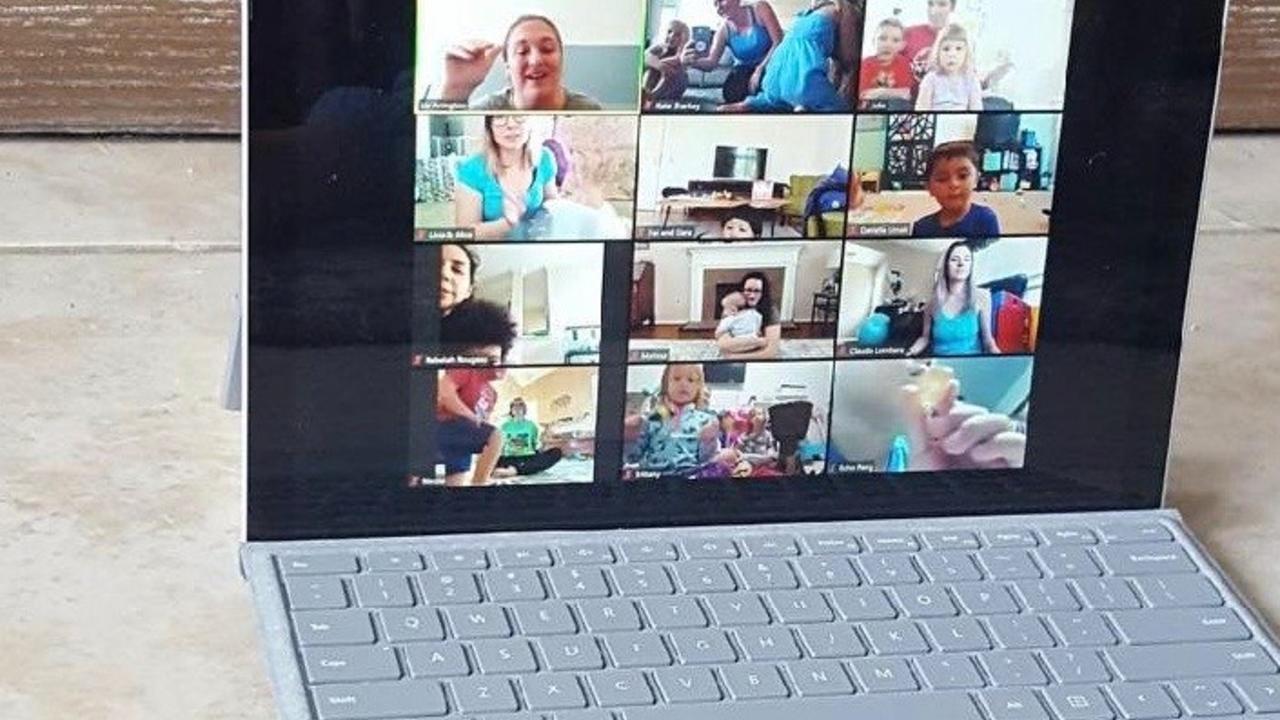
Making Peace with Screen time
Jun 15, 2020This article was published in the June/July issue of Pinpointe Magazine- Cypress.
Let’s just get one thing out in the open right off the bat. My kids are on screens right now.
Trying to juggle a million different distractions that pop up all day long and a looming deadline for this article, I’ve reached that point where it’s “every man for himself”. I, like so many other parents, rely on screens to survive the hours and hours of time that my kids are home with me. And, for the past two and half months, those hours have felt endless.
I feel a twinge of guilt, I don’t remember the American Academy of Pediatrics guidelines for screen time for my 13 and 5 year-old boys. Without looking it up, I’m fairly confident that on most days we far exceed the amount of time that’s recommended.
Why does screen time trigger such feelings of guilt and shame for parents? The truth is, technology in early childhood does not have to be detrimental. It can even be beneficial when it is socially interactive, is based on developmentally appropriate principles, has good content, and is used in the proper context. Technology use can support different pathways to learning, with unlimited potential to connect with your child’s specific learning style preference.
My goal is to empower parents to seek out and embrace technology that promotes and inspires creativity and learning. Using screens in a way that builds connections with the outside world, provides community, and helps us to balance the time and attention that our home lives require of us. Music Together Worldwide has identified the following qualities to consider when choosing an app or screen activity, based on what the experts in child development have to say.
Qualities to look for in choosing an app or screen activity
- Does it allow the child to learn and grow (build on interests, engage in creative play)?
- Does it encourage communication (provide opportunities to talk about the activity, offer ways to play or create together, connect with friends and other family members)?
- Does it connect different experiences (bridge activities between locations such as home and school, prepare the child for new experiences)?
The Three Cs: Author Lisa Guernsey bridged the gap for modern parents to make informed choices about screen time, encouraging us to keep the “Three Cs” in mind;
o Content: How does it help children engage, express, imagine, extend, discover?
o Context: Consider when, where, and how media is used in the home and classroom and whether it complements or interrupts the child’s natural play.
o Child: How do we choose the right tech tools and experiences for each child’s needs, abilities, interests, and developmental stage?
Recommendations for screen time are based on the physical and mental development of young brains, and time is certainly an important factor to keep in mind. Any parent who has witnessed the behavior of a preschooler who has been on a screen for too long can attest, there are limits. Taking steps to ensure that the time spent on screens is productive rather than passive can help support the use of technology as a tool for learning and entertainment.
Include your kids in the process of making choices and setting limits for screen time. Teaching your little ones skills of self regulation and self awareness around technology use is an important lesson to learn early on. Children are empowered when they have ownership over their behaviors and choices. As a parent, it is much easier to uphold expectations about screen time when it’s something you’ve discussed and agreed upon ahead of time.
Parents, I release you from screen guilt. I still haven’t looked up the American Academy of Pediatrics guidelines. You might want to, but I’m not going there right now. We’re working on a balance of healthy technology habits, and some days are healthier than others. Making informed compromises with kids when it comes to screens opens up a conversation, and at least that's a step in the right direction.
Don't miss a beat!
Get more at home music making tips, motivation, parenting tools and special events delivered to your inbox with our bi-monthly newsletter.
We hate SPAM. We will never sell your information, for any reason.


